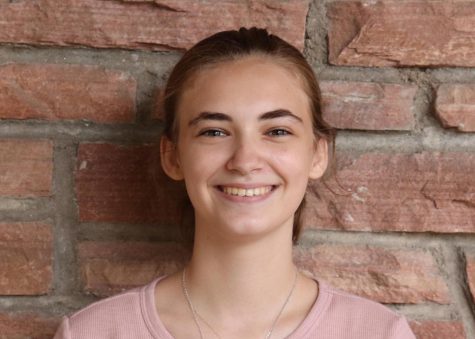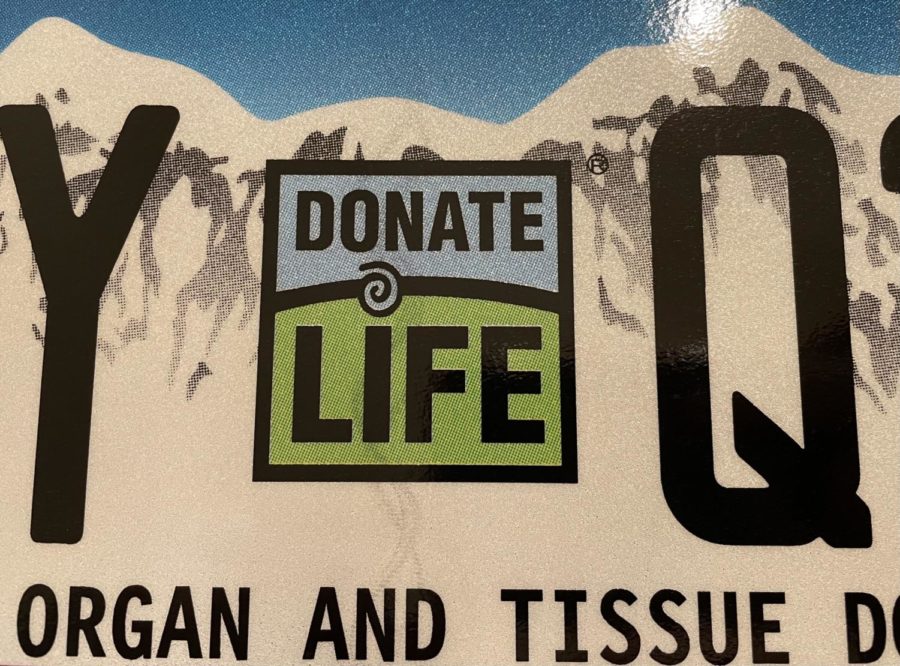I’m a Registered Organ Donor; You Should Be Too
You can register as an organ donor today at donatelife.net/register/
When my father was 31 years old, he was given the gift of life: a new kidney. After years spent at home on dialysis, this kidney was a new lease on life. My father moved out of his parents’ house, found a job and started a family. Simply put, I would not be here if my father’s donor had not registered as an organ and tissue donor before his death.
The statistics related to organ and tissue donation are rather morbid. According to the HRSA, there are currently 106,729 people on the list, and 17 people die waiting each day. Candidates for transplants have to travel all across the country to be listed at hospitals in different regions. Many kidney transplant patients are tied down by dialysis, a lifesaving treatment that filters toxins and wastes out of the blood in place of failing kidneys.
In a survey sent out to Boulder High School, the consensus of those registered was that their organs can help others more than themselves if they die. One person said, “It doesn’t have any downsides; it can only help people.” Those who aren’t registered simply “never got around to it” or “don’t know how to register.” In a place like Boulder, it’s not surprising that the community looks at organ donation in a positive light. However, this is not the case everywhere.
Like me, many register as a donor due to a personal connection. The idea of organ donation almost seems inhuman and impersonal, which leads many people to avoid registering altogether. I still remember dissecting a frog with my lab partner in biology and hearing him comment on how organ donation was so gross because they just pulled your organs out while you were asleep on a table. However, if you look at organ donation in a more personal and human way, you can begin to understand why it is so important.
When I think about being an organ donor, I try to think about my organ’s impact on a recipient’s life. Think about how awful you feel when you’re sick or have a cold. Nothing seems to make you feel better, and all you want is to sleep. Imagine feeling like that for years on end, knowing your only relief will be someone else’s kindness. This is what organ recipients go through leading to a transplant: endless appointments and tests, new medications, and the glimmer of hope that an organ donor will be a match.
Only 3 in 1000 people die in a way that allows them to donate their organs. Registering to be an organ donor means giving others the gift of life if you meet the criteria when your life is taken. The more registered donors there are, the better the chances are for recipients to be given the gift of life. It is an act of pure kindness. One organ and tissue donor can help up to 83 people waiting for a transplant.
Unfortunately, many people across the country can’t and don’t look at organ donation through a human lens. People believe that doctors won’t try to save them in a life or death situation, or donors aren’t truly dead when they donate. However, the last thing on a doctor’s mind when treating a critical patient in the emergency room is their status as a donor. Your status as a donor won’t be considered until every last effort to save your life has been made, and it is determined that there is nothing left to do.
If you are interested in registering today, you can register online at donatelife.net/register/. When you register for your driver’s license at the DMV, you can register as a donor and receive a small red heart indicating your decision on your license. If you’re not yet 16, you can express your wishes to your parents. As a community, we can make a difference.
The need for transplants far outweighs the supply.

Annika is a senior at Boulder High this year. Though this is her first year with The Owl, she has long enjoyed writing and previously worked with other school publications. In her spare time, you can find Annika at the ice rink skating or hiking around Boulder. You may also find Annika watching Criminal Minds on Netflix, or cooking mac and cheese. If she had to choose a type of grape to go along with her mac and cheese, she would choose green grapes, although as a child she would have chosen purple grapes. After high school, Annika is planning on heading to college (no, she doesn’t know what she wants to study yet). Annika can’t wait to begin writing articles and is excited for the coming...


